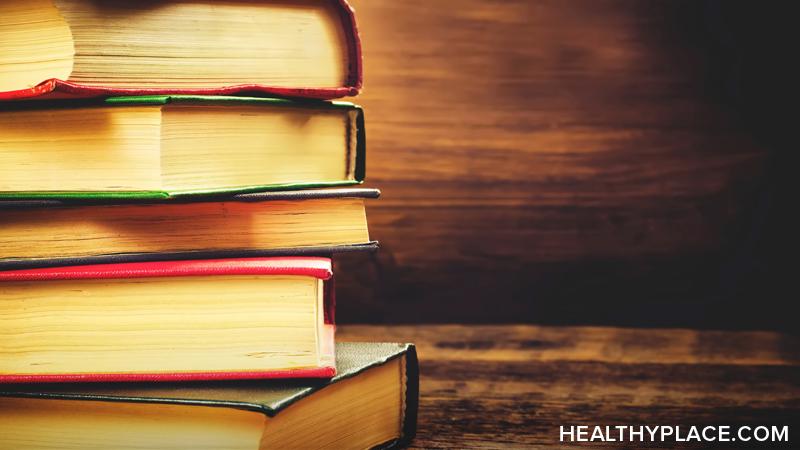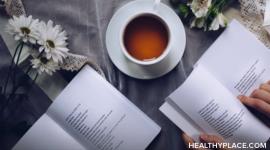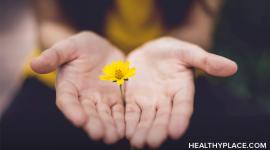5 Best Books on Depression You Must Read

“Education is a process that must accompany you on this journey.” (Copeland, 2001).
Books about depression can be an important part of depression self-care. The process of reading books and other material about depression (or other mental health disorders) in order to learn and grow is called bibliotherapy. Bibliotherapy allows us to arm ourselves with knowledge rather than relying exclusively on others to feed it to us. Books on depression can be very useful self-help tools.
There are numerous approaches to overcoming depression. Some attend primarily to people’s thoughts. Others emphasize changes in behavior. Approaches can also focus on emotions or one’s background. Still others stress outlook and perspective. Each person is unique, and each person’s experience with depression is also unique; therefore, treating depression without medication isn’t a one-size-fits-all approach. The more you know about depression and the myriad ways of treating it, the better equipped you’ll be to beat it. That’s where books about depression come in handy.
Many good self-help and depression books exist (Self-Help for Depression: What Helps?). The following five books on depression were selected for inclusion in this article because they offer sound, research-based information about depression itself as well as treatment approaches that are practical and whose effectiveness is supported by research.
5 Best Books About Depression You Need to Read
- The Depression Workbook by Mary Ellen Copeland. In this self-help book, Copeland presents a wealth of depression information in a very readable fashion. Depression can make concentration-heavy tasks like reading a chore. Copeland’s book with its user-friendly writing style and organization makes learning about depression easier. Further, this book is interactive, filled with activities to help you make the information personal.
- The Happiness Trap by Russ Harris. This book offers a frank and supportive conversation about what contributes to depression: society’s happiness trap. Harris emphasizes how by starting from where we are, we can create and live a valued life. The principles of the acclaimed acceptance-and-commitment therapy (ACT) are clearly explained, and readers are taught techniques for how to apply the principles of ACT and live a quality life.
- The Feeling Good Handbook by David Burns. This is a classic self-help book, designed to help readers overcome things like depression and anxiety. Burns explains cognitive-behavioral therapy (CBT) and includes numerous opportunities for readers to interact with the information to help change their faulty thought patterns. This book, while very long and thus to be read over time, provides very helpful information about overcoming depression by changing our thoughts.
- A Primer in Positive Psychology by Christopher Peterson. While not exclusively a depression book, Peterson does address depression. This book reads a bit like a textbook; therefore, it is one that is best read when someone is beyond the throes of depression but is still working toward mental health and well-being. The focus here is on how to create a meaningful, quality, life worth living.
- Breaking Free from Depression by Jesse Wright and Laura McCray. This highly interactive book about depression is a great addition to a personal library of depression books. The workbook format helps the reader apply all of the presented information about depression to make the book personally helpful.
These five books about depression are different from each other but have one very important thing in common: they provide great bibliotherapy for people taking charge of depression.
See Also:
APA Reference
Peterson, T.
(2021, December 23). 5 Best Books on Depression You Must Read, HealthyPlace. Retrieved
on 2026, January 28 from https://www.healthyplace.com/self-help/depression/5-best-books-on-depression-you-must-read



